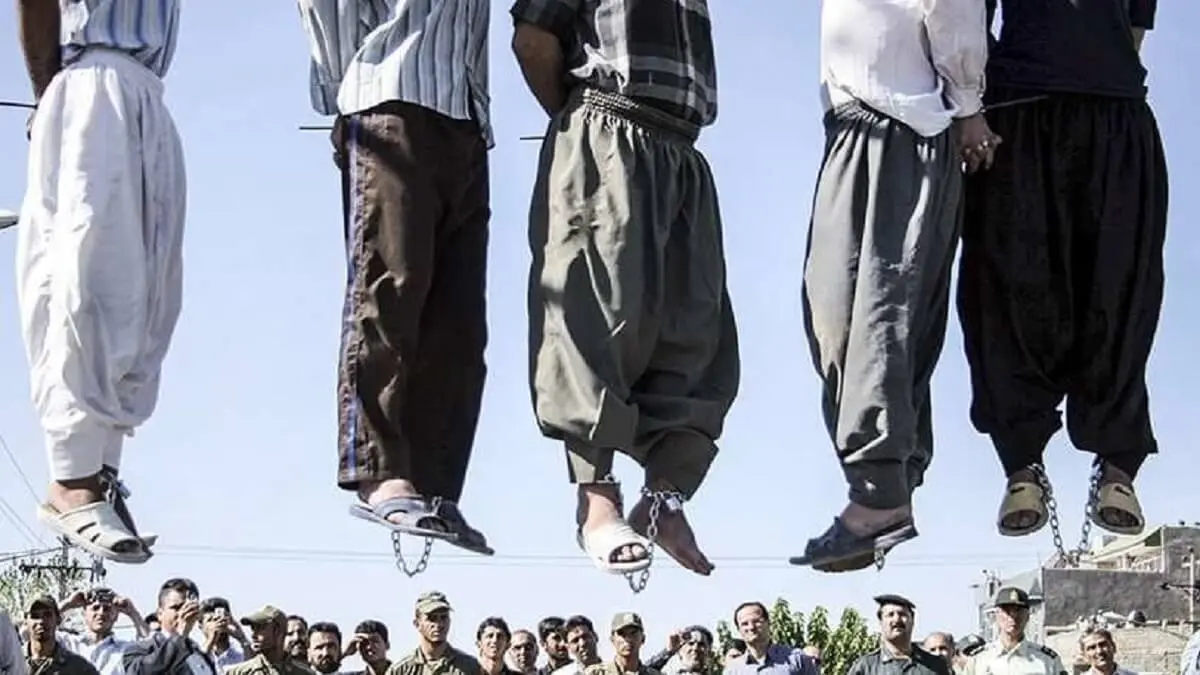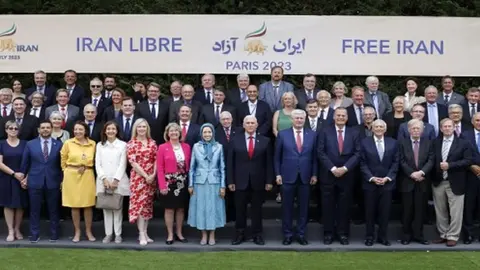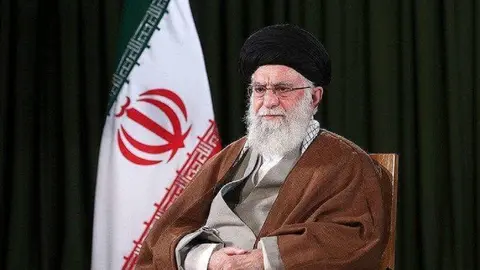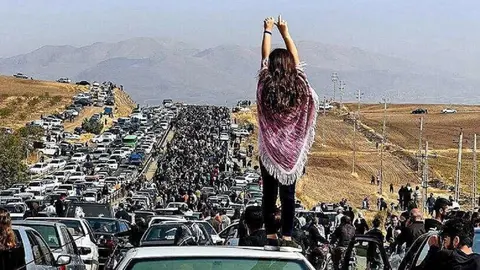Executions in Iran

The commander of the Islamic Revolutionary Guard Corps (IRGC), General Hossein Salami, declared in his latest speech in Iran that "last year's unrest was the most powerful, dangerous, serious, unequal and extensive global struggle against the Islamic regime in Iran". The Bassidj militia's Bassirate website, which quoted him as saying on 1 August, added: "But the enemy was defeated in this hard struggle. Last year's troubles were bitter, but they brought us great lessons and great battles. We are at a new starting point and the enemy plans to create new unrest on the anniversary of the events of autumn 2022. With our preparation and vigilance, the enemy will not be able to do anything, and the solution is prevention".
More than 400 executions since the beginning of 2023, including those of Baloch and Kurdish youths in revenge for these two ethnic minority rebels, have not allowed the regime to contain the coming uprising. So it has brought morality police patrols back onto the streets with the aim of reducing the battle for freedom to a conflict over the hijab, dividing society into veiled and unveiled women.
The regime is well aware of the revolt rumbling through society. Despite intimidation and threats, women are no longer willing to submit to restrictions. Every day, portraits of the turbaned leaders smoke in the streets and slogans on the walls call for their downfall. Every day, the worried authorities announce on their websites the discovery of weapons or the arrest of armed teams.
With triple-digit inflation, especially in food, and more than 60 million Iranians living below the poverty line, the authorities know full well that another uprising is inevitable.
Until now, the clerical state has tried to silence the opposition in order to pretend that there is no alternative and impose itself as the only solution. But with the uprising, it is forced to name its main enemy and its alternative. On 29 July 2023, the website of the Mizan judiciary wrote: "The first criminal court of Tehran province has announced that 104 members of the People's Mujahedin Organisation (PMOI), known as Monafequins (a derogatory term for the PMOI), will be tried in absentia. They must defend themselves by being represented in court by a lawyer".
The clerical judiciary has not given any explanation as to the reasons for this strange and unexpected decision. However, the website 'Basij News', run by the militia attached to the Pasdaran, shed new light on the decision by publishing on its front page a note written by a militia member of the student section. In this note, written at the height of the uprising last January, the militiaman openly admitted that Tehran believed that the West, and especially the United States, had accepted the National Council of Resistance of Iran, of which the PMOI is a member, as the only alternative to Islamist rule in Iran.
About a month ago, when the Iranian regime was preparing the ground by pressuring the Albanian government to attack Ashraf-3, the PMOI's headquarters in Albania, Kazem Gharibabadi, in charge of "human rights" in the religious dictatorship, announced the possibility of extraditing PMOI members to Iran. Complaining about the organisation's host countries in Europe, he had stated: "Proceedings have been initiated against members of the group in several European countries, but some governments have not adequately dealt with PMOI-related cases in their judicial procedures". (Farda News, 1 August 2023).
For a regime that had 30,000 young political prisoners massacred in the summer of 1988 by death commissions made up of three individuals (including the current president Ebrahim Raissi) in painstaking trials without lawyers, this sudden concern for judicial procedure undoubtedly conceals petty manoeuvring. He seeks to paralyse his opposition and thus delay a new explosion of popular anger that could sweep him away.




